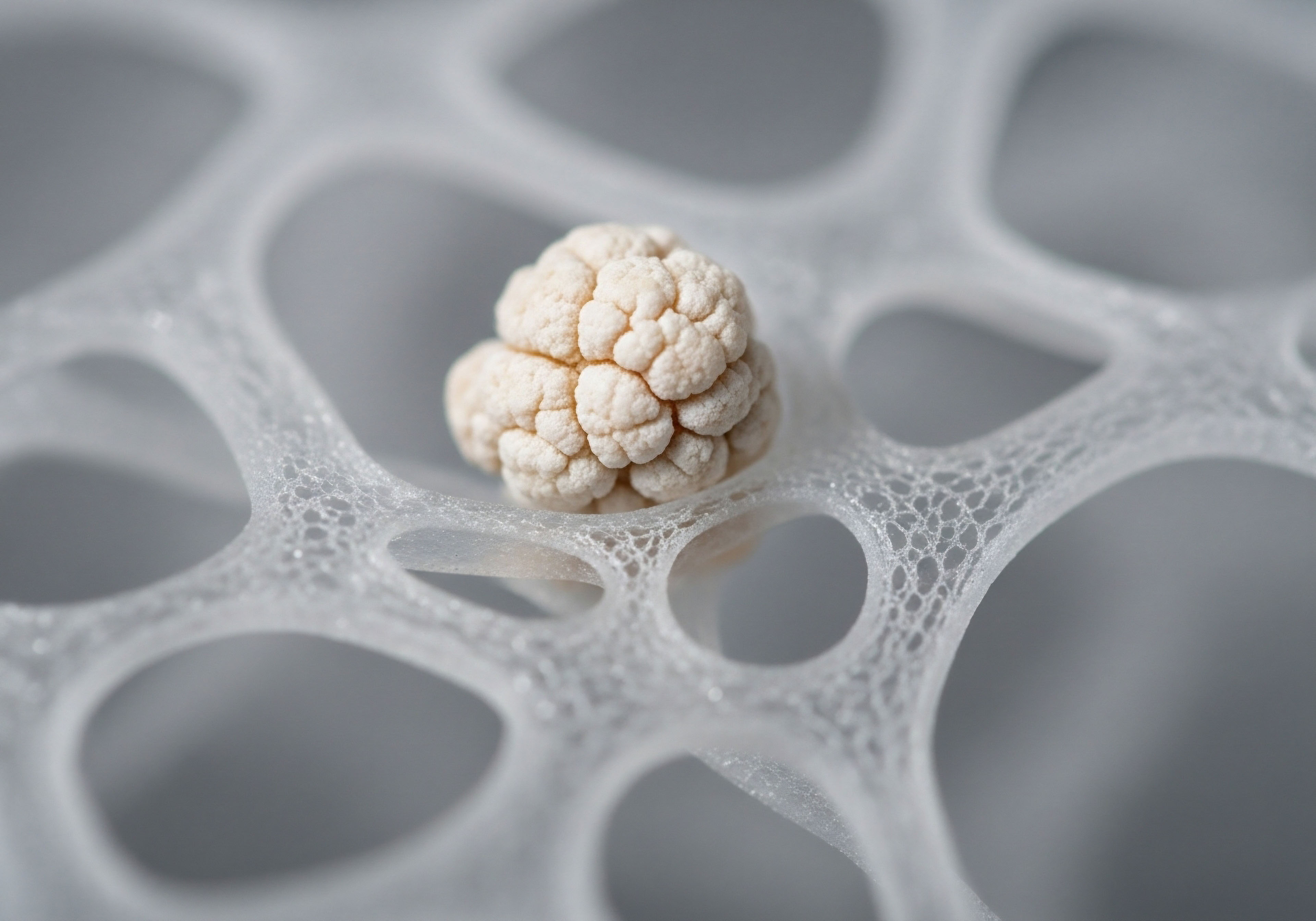Can Lifestyle Factors like Diet and Exercise Enhance the Effects of HRT on Skin Health?

Lifestyle factors like diet and exercise provide the essential resources that amplify HRT's regenerative signals to the skin.
HRTioJuly 27, 2025

